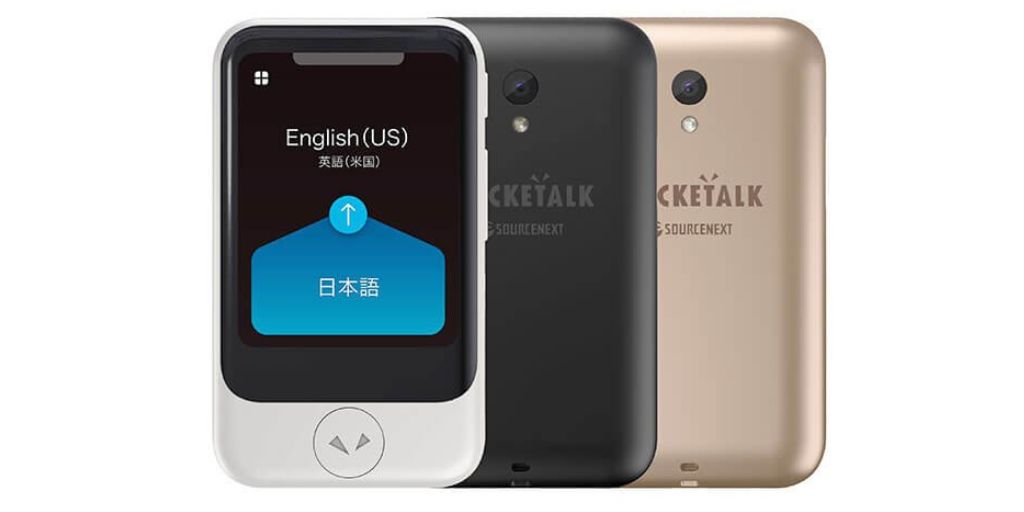
Language barriers, in any sector or environment, can adversely impact the experience of a service, and healthcare is no exception. New research by Pocketalk has highlighted the extent of language barriers in the UK healthcare sector and the impact those challenges are having on patients and staff. The UK has a fantastic, vibrant mix of ethnic groups who all come from different cultures. It’s what makes the UK such a diverse and exciting country. However, this presents language barriers in healthcare settings. For context, the latest stats on immigration show that there are now 9.5 million people living in the UK who were born outside of the country. Of those, 11 per cent are over 65, meaning there are around one million people who are likely to need medical care in some way, who speak English as an additional language to varying degrees of fluency. Imagine being a patient unable to explain your symptoms or being someone who takes a loved one to a hospital and not being able to explain what was wrong, their existing medical conditions and treatment and not understanding what the medical teams were telling you. This happens daily in hospitals across the UK. The NHS does provide translation services but they’re costly. A decade ago, it was reported that NHS England spent £59,000 a day on translation services – an increase of 17% since 2007 according to the report. Not surprising when you consider some Trusts must translate between five and 25 different languages – in some cases it can even be as many as 120. It’s not just the cost, traditional in person translators are slow – far from ideal in urgent care situations. And with the pandemic it’s difficult to have another person in the room. Other solutions such as a telephone translator add an extra dynamic of a telephone which can be confusing especially for those who are already confused. The current situation is startling. More than a third of healthcare workers agreed that language barriers make it more difficult to assess a patient’s needs and they are losing as much as half a working day every week – four and a half hours – overcoming the challenges. People working in UK healthcare even admitted that there has been a time during their career that communicating with a patient or colleague with English as an additional language has prevented, or delayed them, from giving the best care they could. And it’s happening every day – a fifth of those surveyed said they face these types of challenges, with colleagues and patients, daily. The findings of our research come as the UK government announced an extra £5.9bn investment into healthcare; £2.1bn of which will go on improving IT and digital technology within the NHS, over the next three years. This is promising news and will help reduce the pressure on healthcare workers – more than a third of the healthcare professionals that we asked said that it is difficult to access effective and timely translation services. Google Translate is one example of technology that powers instant translation between patient and carer. It’s quick, easy to use and affordable. However, the effectiveness of the translations isn’t consistent across all languages so in complex situations this can be difficult, it also relies on healthcare workers having a smart device available to them which isn’t always possible. What we’ve found is that portable translation devices that can instantly translate several languages can offer meaningful conversations with patients – the speed of the translation is crucial. This is something half of the 1,000 healthcare workers we surveyed agreed with, saying having natural, free flowing conversations improved patient-care relationships. We saw that first-hand when we pivoted our business from a consumer focused brand to helping first responders aboard the COVID stricken Diamond Princess cruise line in February 2020. Pocketalk was able to provide devices for medical staff to communicate with the 3,000 passengers, many of whom didn’t speak Japanese. The role of technology in helping healthcare providers became clear during the pandemic when patients had to attend healthcare settings alone and in 2020, we donated over 100 Pocketalk devices to NHS Trusts, across the UK. One thing is clear, language barriers must be addressed in healthcare, without adding more financial strain on the sector. With the promise of more investment and an increasingly diverse country, the role of technology must be considered.












